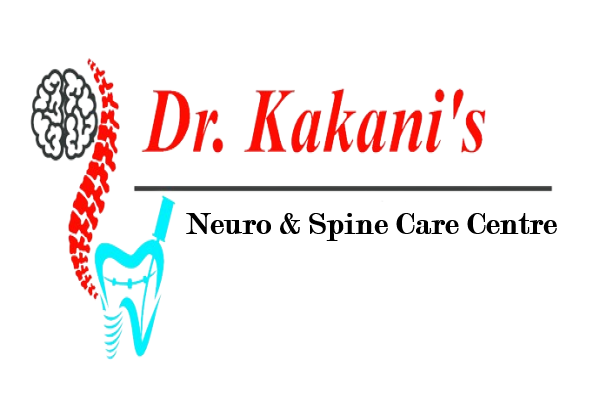Trigeminal neuralgia (TN) is a neurological disorder characterized by sudden, severe, and brief episodes of intense facial pain. The trigeminal nerve, which is responsible for transmitting sensations from the face to the brain, is typically involved in this condition. The pain is often described as stabbing, electric shock-like, or burning, and it can be triggered by seemingly mild stimuli such as touch, wind, or even chewing. Here are key points about trigeminal neuralgia: Causes: The exact cause of trigeminal neuralgia is often unknown, but it is thought to result from compression of the trigeminal nerve by a blood vessel, typically an artery. In some cases, it may be associated with conditions like multiple sclerosis. Symptoms: The hallmark symptom is sudden, severe, stabbing pain on one side of the face, usually in the forehead, cheek, jaw, or around the eye. The pain can be triggered by trivial stimuli or may occur spontaneously. Diagnosis: Diagnosis is primarily based on the patient's medical history and a thorough neurological examination. Imaging tests such as magnetic resonance imaging (MRI) may be conducted to rule out other potential causes of facial pain and to identify any compression of the trigeminal nerve. Treatment: Medications are often the first line of treatment for trigeminal neuralgia. Anticonvulsant medications, such as carbamazepine, are commonly prescribed to help control pain. In some cases, muscle relaxants or other medications may be used. For individuals who do not respond well to medication or who experience intolerable side effects, surgical options may be considered. Microvascular decompression (MVD), where the compressing blood vessel is moved away from the trigeminal nerve, is a surgical procedure that can provide relief. Other surgical options include stereotactic radiosurgery (such as Gamma Knife) or nerve rhizotomy. Alternative treatments, such as acupuncture or certain procedures targeting the trigeminal nerve, may also be explored in some cases. Prognosis: Trigeminal neuralgia is a chronic condition, but with proper management, many individuals can experience significant relief from their symptoms. The effectiveness of treatment varies from person to person. It is crucial for individuals experiencing facial pain consistent with trigeminal neuralgia to seek medical attention for a proper diagnosis and to discuss appropriate treatment options with a healthcare professional.

This is your website preview.
Currently it only shows your basic business info. Start adding relevant business details such as description, images and products or services to gain your customers attention by using Boost 360 android app / iOS App / web portal.
917276135101
Have any question or need any consultation?
Online appointment booking is not available right now.
Your enquiry
Your contact info
Appointment Confirmed
Your appointment ID is
| Doctor Name: | |
| Date & Time: | |
| Contact: | +917276135101 |
| Address: | Medicure multispeciality clinic, Ground Floor, Shree Radhe heights, opp. Niti Gaurav Complex, near Lokmat chowk, Ramdaspeth, Nagpur, Maharashtra 440012, India |
| Appointment fee: | |
| Payment mode: | |
| Join video call at: |
Thanks for choosing us.Your appointment details has been shared on your mobile number as well. Please arrive atleast 10 minutes ahead of the scheduled time.
Success
